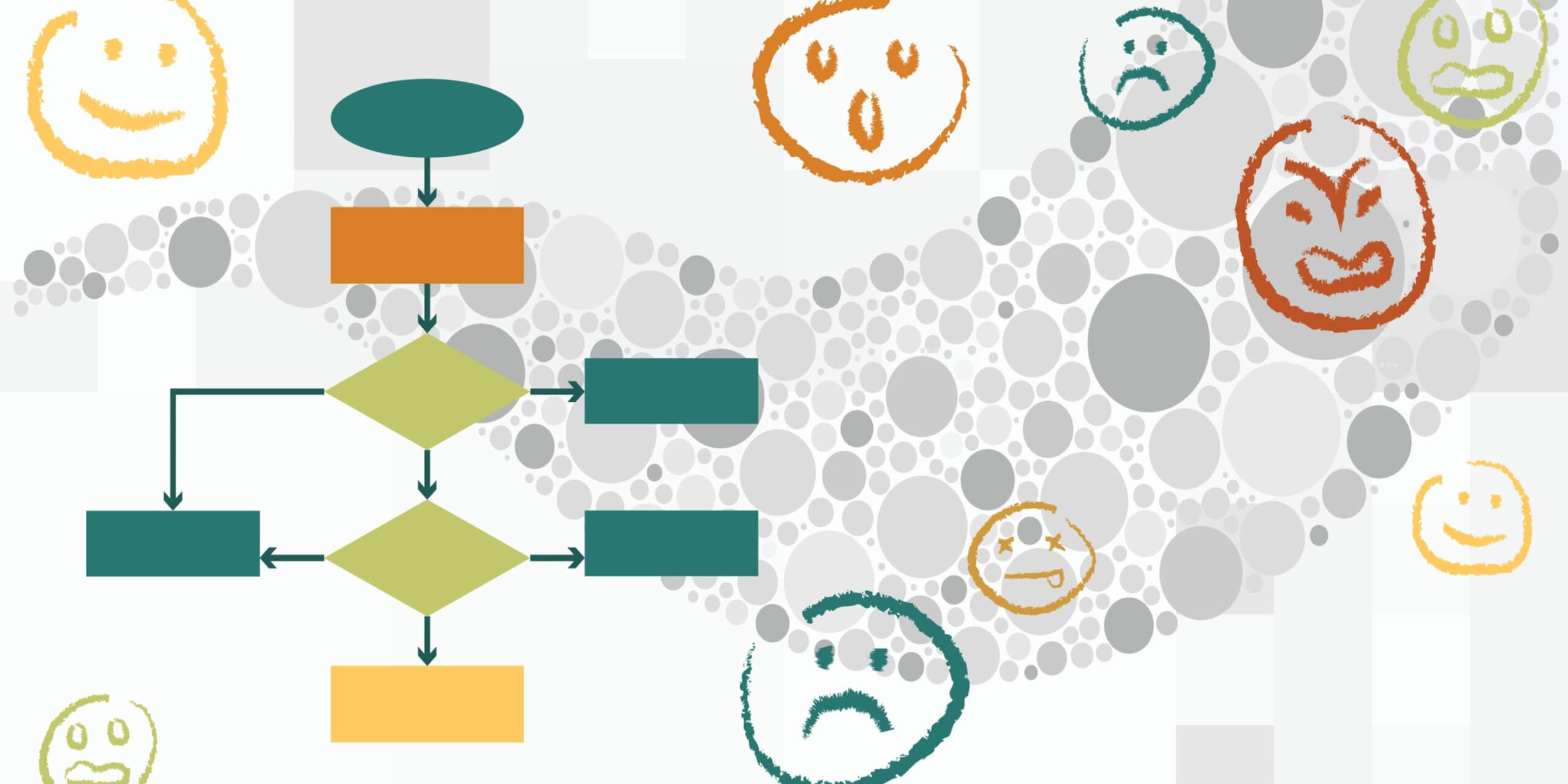
“A man’s got to know his limitations,” Dirty Harry in Magnum Force
I really like that quote. We all need to know our limitations or the scope of our knowledge base. I get it, most of us push past our limitations before we realize what we are doing. Can we get better at finding our limitations before we blow past them? Let’s explore a little and see…
Do you know your limitations or do you just keep on pushing? You know when you keep pushing your limits, the stress piles up or you leave collateral damage in your wake.
July 13, 2022
As a caregiver or helper, you are tasked with many different challenges every day and some will push you past your limits. Most of us know our limitations. However, we do not always heed the warning signs that we are getting close to them. A few folks do not know their limits and get into trouble before they realize, “Oops, I messed up.”
Other words for limitations include – Constraint, Control, Obstruction, Impediment, or Qualification
Realizing and Recognizing Your Limits Can Actually Benefit You
What if realizing and accepting your limits could benefit you? What if knowing your limits and your boundaries allow you to take care of yourself in body, mind, and spirit? Learning what to give and share as well as knowing what you need from your relationships Boundaries are important too.
Knowing your limits can help you to assess the areas that you can improve on. Knowing your limits also allows you to use your strengths. Another way to look at knowing your limits is to prevent burnout and decrease your stress.
Definitaion of Stress
When I think about stress, I always remember the line – “Stress: the confusion created when one’s mind overrides the body’s desire to choke the living shit out of some asshole who desperately needs it.” It always makes me smile.
I get it. We can learn new skills when we hit our limitations. Usually, that is true. It is not always true though. There are times when we have hit our limitations and we need to stop. Accepting our limitations is not the same thing as accepting failure. That is probably the crux of everything anyway, the fear of failure.
You may have all the information, but do you know how to apply that information?
No matter how well we manage our time, we only have 24 hours in a day to get things done. We are limited by what we can and cannot control. We do not have endless abilities or endless knowledge about everything. We are good at what we do. We are experts at our jobs. But, that does not translate into expertise at everything. For example, I am good at what I do with research, finding solutions, and preparing plans of action with guidance and support. Now, I have a plumbing problem at home. I am smart and I can figure a lot of things out. I can research info online and handle it. WRONG! I can have all of the information in the world, but if I don’t know how to apply that information, I am stuck, frustrated, and angry. Guess who might bear the brunt of my frustration and anger? Yep, family and friends.
Knowing and being able to do it or handle it are two different things. Find the expert you need. Save yourself a lot of stress, frustration, and anger. Stop beating your head against the wall.
Which of these responses do you recognize in your own life when dealing with frustration?
-
- Anger – an angry person often reacts without thinking
-
- Giving up – you quit everything and you no longer care about the goal (this is not the same thing as deciding to give up on an unreachable goal)
-
- Loss of confidence – you might take a hit to your self-esteem too by giving up
-
- Stress – too much stress breaks our bodies down (irritability, anger, anxiety, fatigue, headaches, depression, low back pain, stomach pains, migraines, ulcers, etc.)
-
- Depression – continued stress or anxiety that causes brain chemical changes
-
- Abuse and misuse – drugs, alcohol, food, shopping
-
- Anxiety, Fear, Sadness, Guilt, or Shame are other responses to frustration.
I know that we have chased a few rabbits today. A lot of things are interconnected. I want you to know your limitations. I want you to prevent excess stress and burnout. Continued stress leads to burnout. You will begin to feel empty and numb. You don’t just numb the negative feelings; you numb the good ones too. Your “get up and go” has “got up and went.” You no longer have the motivation you once had. You are tired. Sometimes, you feel hopeless or stuck.
If you have thought or said, “I know that it will never get better,” you could very well be at the burnout stage.
Signs of Caregiver Burnout
-
- Feeling anxious
-
- Feeling irritable
-
- Feeling stressed
-
- Feeling resentment
-
- You are neglecting your own health
-
- You are missing out on important events
-
- You are not eating properly
-
- You are not exercising
-
- Your finances are taking a hit
-
- You feel lonely
-
- Increased alcohol consumption
-
- Overreacting
-
- Impatience
Setting limits will actually help you to achieve your goals. Limit your goals to 4 or 5 per year. You cannot do everything. Pick ones that mean the most to you and focus on them. Limit your tasks to 3 per day. Only do the important and necessary things. Place a time limit on your tasks. Focus on the task at hand. Stop adding stuff to your schedule and start crossing off the things that are not a priority.
Pat


